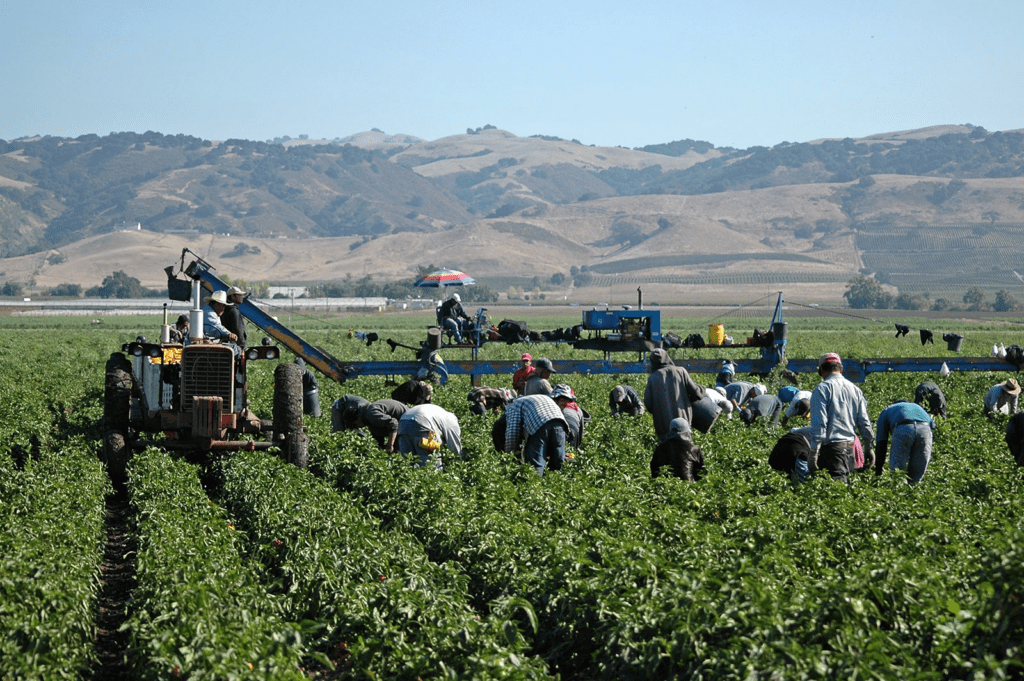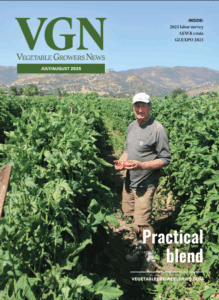Jun 2, 2025NCAE advocates to cut red tape crippling ag
The Department of Justice’s (DOJ) Antitrust Division’s Anticompetitive Regulations Task Force is seeking suggestions to unearth and unwind anticompetitive regulations.
The National Council of Agricultural Employers (NCAE) answered that call, submitting comments on seven regulatory roadblocks that are impeding America’s farming and ranching communities’ ability to achieve and sustain the American dream.
“Over the past four years, America’s farm and ranch families have found themselves drowning in a turbulent regulatory sea,” Michael Marsh, NCAE’s President and CEO, wrote in the organization’s submitted comments. “Many of these were promulgated by federal regulators who were seduced by special interest groups which aim to weaken American families, businesses and the American economy.”
As a result, Marsh explained in his comments, “America’s family farms and ranches — the backbone of rural America — are vanishing at an increasing rate.
“Likewise, finding American-grown food on grocery store shelves is becoming increasingly difficult,” Marsh said in his comments.
In response to the solicitation for feedback, NCAE advocated for the DOJ Task Force to examine, investigate and advocate for rescission or withdrawal seven “overburdensome, arbitrary, capricious and economically unsound regulations that target and harm America’s agricultural community,” Marsh wrote.
Those regulations include these rules:
- Department of Labor’s (DOL) Adverse Effect Wage Rate (AEWR)
- DOL Worker Protection Rule
- DOL H-2A Program Rule
- Department of Homeland Security (DHS) Asylum Fee Rule
- DHS Worker Protection Rule
- Occupational Safety and Health Administration (OSHA) Walkaround Rule
- OSHA Heat Rule
“Rather than resulting in any benefit to American farmers and ranchers, American workers or American taxpayers, the point of the regulations seems merely to create more paperwork for employers to file and federal employees to push from desk to desk, while simultaneously increasing compliance costs, reducing efficiency and crippling America’s competitiveness in the marketplace,” Marsh wrote in his comments. “For American agriculture to remain competitive at home and in foreign markets, this cannot continue.”


















